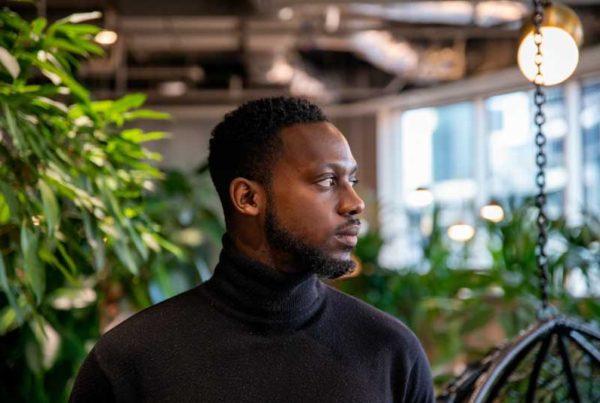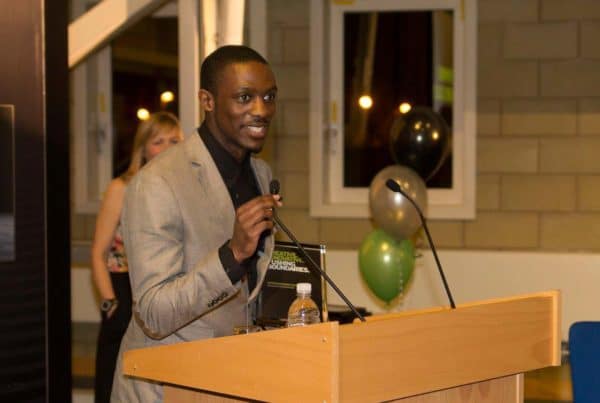Face to face with the truth
I remember standing in my living room standing face to face with the woman who gave me life with my brain racing trying to find a reply. Even being in the middle of a British winter, our house was warm although the heat wasn’t the cause for the droplets of sweat on my forehead. I remember my heart heavily beating the blood around my body and the feeling so many words getting stuck in my throat that it was starting to get dry.
What must’ve only been a few seconds felt like a week to me as I stood still processing what my mum had just said to me. Until finally my shoulders relaxed, and a sense of calm returned to me as I admitted to her she was right.
In all honesty, I’m struggling to remember the details of the conversation but I will never forget the lesson learned.

Misusing our gifts
Creativity is a gift we all have. Regardless of if we recognise it or not, we just tend to express it in our own individual ways. While I was a teenager I used my creativity to explain almost everything. Why I didn’t do my homework, why I forgot my PE Kit at home or why I was late for class. Everything you could say or think of I had a perfectly logical and reasonable way to explain … which explains how I finished secondary school with only one detention to my name. However, as mothers tend to do, she saw right through me. She realised that I was using my gift to make excuses for myself and she had enough.
Since that day, I’ve tried to not make excuses for myself. No matter how valid, I’ve learned that nobody likes excuses. People only care about results, and when we aren’t able to deliver on those results sincere apologies go a long way.
How this applies to leadership
Recently I’ve been learning to take this lesson to a new level. Leadership at all levels is difficult and very often it is painful. Working with others to accomplish a goal so much bigger than all of you will, without a doubt, create a lot of friction but as a leader, you still need to find a way to make it work.
When things don’t go to plan I’m learning to not only prevent myself from making excuses but to instead point the spotlight on the shortcomings that contributed to the problem. The reality is, in the context of a team, or even partnership, everyone’s actions (or inaction) contributes to failure, however as a leader when you are able to take full responsibility you create a safe environment for you to acknowledge their mistakes also. Not only that, now you’ll find that instead of trying to pin the blame on the appropriate person your conversations can be around what changes can be made to build stronger foundations and prevent the problem from happening again.









